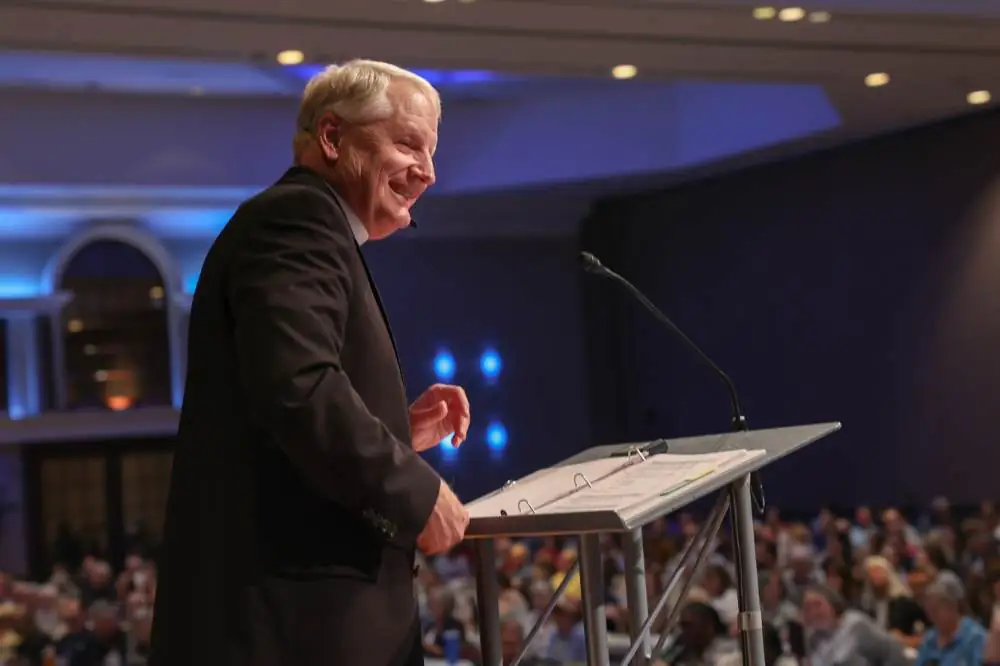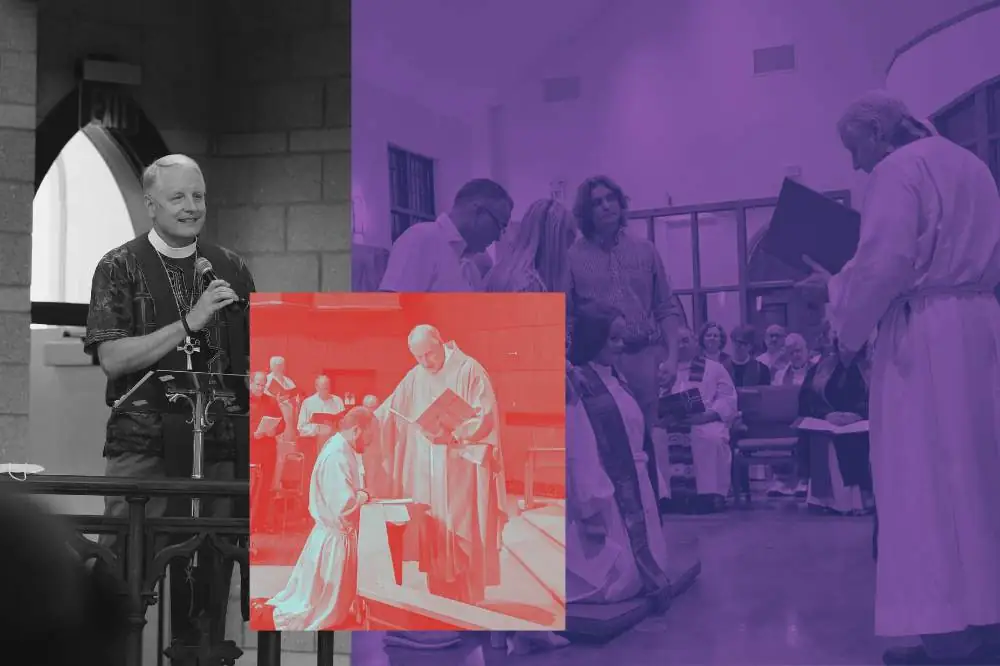Maybe it’s because just a few weekends ago I led an intensive, nine hours of instruction on the riveting topic of “ELCA and NC Synod Polity and Governance” for our first cohort of SAMs (Synod Authorized Ministry) candidates. Perhaps it’s because the NC Synod Assembly—the first onsite iteration in four years—begins in a month. Probably the whole conversation around the Commission for a Renewed Lutheran Church has something to do with it. Whatever the reason, I’m pondering not the essence so much as the structures under which we operate and to which I am particularly beholden as our, for better or for worse, process. Our polity. Which comes from the same root as polite and politics.
Polite means showing respect and consideration for other people. Polity means the processes by which we govern or constitute ourselves and is most often the term used to describe how a church body operates and makes decisions. You’ve heard me talk about politics before. While one might eschew being polite, we really have no choice as to whether or not we are political. Politics literally means “the affairs of the cities,” and I submit to you that we are always and unavoidably political if we are to live together in community. The Israelites who no longer cowered under slave drivers in Egypt in their newfound yet terrifying freedom quickly needed to know how they might helpfully relate to one another in community. The ten commandments were a first step in that political process of how they might live hopefully in right relationship with both God and with one another. It wasn’t God’s heavy hand so much as God’s gracious gift of guidance for a way forward together.
As I’ve quoted many times (but will say once again for those in the back), quoting Sam Wells and numerous others before him, politics is the process of settling our differences short of violence. Without politics, and admittedly sometimes even through established political processes, the dominant culture can and does enact violence to assure the perpetuation of their being, well, the dominant culture. It’s Darwinian, really, in the sense of survival of the fittest—with the fittest implying the biggest army, most fearsome weapons, most unscrupulous leaders, etc.
All of this is to say, we are at least for the next several years in the ELCA, still intentionally organized around three (theoretically) equal expressions as church: the churchwide expression, synods, and congregations. As such, Churchwide Assemblies can urge, encourage, cajole, etc. synods and congregations to do XYZ, but they can’t require it. We have numerous “guidelines,” but few mandates. Resolutions passed at the churchwide level are binding only on the churchwide expression of the ELCA—not synods, congregations, or individual members. When one joins an ELCA congregation, one is not presumed to have thus signed on to every ELCA social statement, or statement by the synod, or Presiding Bishop.
Synod decisions and resolutions like the ones before our 2023 Synod Assembly next month, likewise, may inform, instruct, and encourage, but they do not and cannot “require.” The one major exception to this, it seems to me, are constitutional “requirements” voted on at an ELCA Churchwide Assembly level to which, subsequently, both synods and congregations are bound. If those entities simply can’t abide the churchwide “requirement,” their only recourse is disaffiliation, which the Churchwide Assembly defines in terms of process, but which ultimately depends on Synod Council approval. In that sense, our polity is more top-down than bottom-up or congregational. Will those processes and rules change? Probably so, but you know as much as I do how that might play out. One thing remains clear: congregations are the basic building block of this church for Word and Sacrament ministry, pastoral care, and service in the name of Christ. I suspect that, with such “a church not of one mind” reality of late, the successor body/bodies of the ELCA might find governance and polity ways to be somewhat more loosely federated and connected with more “power” in the local congregation. I don’t know this, but I don’t really see a path toward being one church body that moves in the other direction of requiring more of synods and congregations.
Me? I’m looking for a world, a church, and a structure based in the life (including teaching and example), death, and resurrection of Jesus that finds its motivation not in controlling and manipulating people but in doing the right thing, which includes, says Jesus, protecting and advocating for the most vulnerable among us. If I could find that perfectly-structured and faithful church, I’d join it immediately. But then again, once I did, by virtue of my presence, it would surely cease to be the very reasons I joined it to begin with.
A gracious, loving God is up to something, both in—and definitely despite—me and the church. Meanwhile, I’m looking forward to our first onsite synod assembly in four years, June 2-3 in Greensboro. There’s no onsite registration, so register online at nclutheran.org by Wednesday, May 10!
Walking with you,





